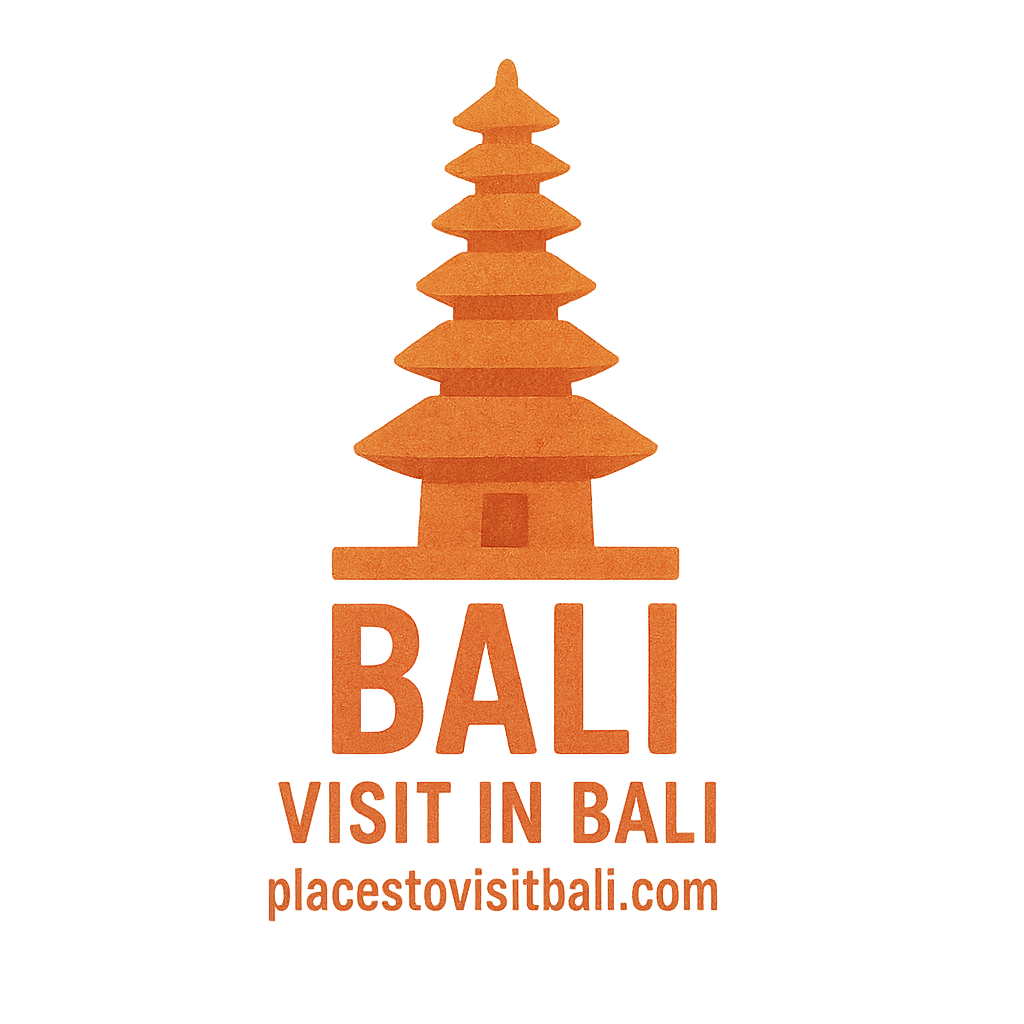If you’ve ever wandered through the vibrant streets of Bali, you’ll know the island isn’t just about beaches and sunsets—it’s a paradise for shoppers too. But we’re not talking about shopping malls. Nope. We’re talking about colorful, bustling, soul-rich handicraft markets that ooze tradition, creativity, and culture.
Whether you’re hunting for the perfect souvenir or just love soaking up local vibes, this guide to the 10 Best Handicraft Markets in Bali will steer you in the right direction.
Why Bali is a Haven for Handicraft Lovers
Bali is where ancient craftsmanship meets modern creativity. From intricate wood carvings to handwoven textiles, Balinese art tells a story—often infused with spiritual and cultural elements.
What to Expect from Bali’s Artisan Markets
Balinese Craftsmanship: A Rich Heritage
You’re not just buying art; you’re buying a piece of Bali’s soul. Many families pass down their crafting skills through generations. Expect to see:
- Wood carvings
- Silver jewelry
- Batik fabrics
- Ceramics
- Beaded handbags
- Handmade baskets
Types of Handicrafts to Look For
Make room in your luggage, because these markets are a treasure chest of:
- Traditional masks
- Bamboo décor
- Ikat and songket textiles
- Shell crafts
- Stone sculptures
Let’s dive into where you can find these gems.
1. Ubud Art Market
Right in the heart of Bali’s cultural capital, Ubud Art Market is a must-visit.
Highlights
- Bustling stalls of silk scarves, rattan bags, and boho-chic dresses.
- Local artisans selling handcrafted wooden statues and paintings.
- A picturesque location, just across from the Ubud Royal Palace.
Tips for Visiting
- Get there early for the best picks.
- Don’t hesitate to haggle—it’s expected!
Looking for more cultural hotspots in the area? Check out Bali’s cultural attractions.
2. Sukawati Art Market
A favorite for both locals and tourists, Sukawati Art Market in Gianyar is one of the oldest in Bali.
Highlights
- Two floors of handcrafted goods at budget-friendly prices.
- Known for its vibrant batik fabrics and traditional dance masks.
Local Experience
This market isn’t touristy—it’s real, raw Bali. You might just be the only foreigner there, and that’s the beauty of it.
3. Kumbasari Art Market, Denpasar
Located in Bali’s bustling capital, this market is a goldmine for affordable souvenirs and arts.
Highlights
- Multi-story market with everything from sarongs to statues.
- Less touristy = better prices.
Cultural Significance
Pair your trip with a visit to the adjacent Badung Market for an immersive experience in traditional Balinese commerce.
Want more affordable Bali experiences? Explore our budget travel guide.

4. Tegallalang Handicraft Center
This one’s for those who love the scenic route. Located just north of Ubud, Tegallalang is famous for its rice terraces—but wait till you see the handicraft stalls lining the road.
Highlights
- Huge collection of rustic home décor items.
- Great place to shop for mirrors, photo frames, and wall art.
Why It’s Worth Visiting
You’re shopping with a view—rice fields on one side, handmade magic on the other.
5. Seminyak Flea Market
Chic, compact, and buzzing with tourists, Seminyak Flea Market is all about fashionable finds.
Highlights
- Bohemian jewelry, batik bikinis, and eco-friendly bags.
- Ideal for travelers staying in Seminyak.
Bargaining Tips
Start with 50% of the asking price and work your way up with a smile.
For more unique finds, check out cheap shopping ideas across the island.
6. Guwang Art Market
Located near Sukawati but less crowded, Guwang Market is a hidden gem.
Highlights
- Similar offerings to Sukawati but often cheaper.
- Peaceful shopping experience.
Best Time to Go
Visit in the morning to avoid heat and grab the freshest deals.
7. Badung Market
Not your average tourist market, Badung Market is where locals shop—and that means lower prices and authentic items.
Highlights
- Variety of handicrafts including Balinese ceremonial items.
- Great selection of traditional tools and kitchenware.
What You Can Find
Expect to see offerings, incense holders, and even handmade altars.
8. Celuk Silver Village
Okay, technically not a market, but Celuk Village deserves a mention. It’s Bali’s silver capital!
Highlights
- Rows of shops and workshops crafting sterling silver masterpieces.
- Watch artisans at work right in front of you.
Unique Finds
Jewelry with spiritual symbolism, perfect as a gift or keepsake.
Also check out our art scene highlights for more artisan experiences.
9. Jimbaran Traditional Market
Most people know Jimbaran for its seafood, but the local market here is a secret spot for handcrafted beauty.
Highlights
- Handmade wooden sculptures, baskets, and cultural art.
- Prices are negotiable and friendly.
Local Artisans
Many sellers are the actual crafters—meaning you’re supporting small businesses directly.
10. Sanur Night Market
If you love night shopping, this one’s a dream. Sanur’s Night Market combines food and crafts, making it a full-sensory experience.
Highlights
- Pick up wood carvings while munching on satay.
- Great for late-night souvenir runs.
Explore more fun dining spots with our food & dining guide.
How to Get the Best Deals
- Go early or late: That’s when vendors are most flexible.
- Bring cash: Especially small denominations.
- Smile and haggle: It’s all part of the game.
- Bundle buys: Buying more = better discounts.
Need more budget tips? Here’s our ultimate budget travel Bali guide.
Supporting Local Artisans: Why It Matters
Each handcrafted piece has a story, and when you buy local, you’re helping preserve that narrative. Supporting these markets:
- Helps local economies thrive.
- Keeps traditional crafts alive.
- Creates meaningful, sustainable travel experiences.
More Than Just Markets: Dive Deeper into Bali’s Culture
From art museums to traditional dance performances, there’s a lot more than just shopping. Discover more on:
Make your trip a cultural deep dive, not just a sightseeing checklist.
Conclusion
Bali’s handicraft markets aren’t just shopping spots—they’re cultural playgrounds. You’ll leave with more than souvenirs—you’ll take home memories stitched in thread, carved in wood, and painted with soul. Whether you’re a hardcore bargain hunter or just love wandering through lively alleys, these 10 markets are a must for your Bali bucket list.
And hey, while you’re at it, don’t forget to explore more places to visit in Bali. The island is bursting with stories—and you’re just getting started.
FAQs
1. What is the best market for cheap souvenirs in Bali?
Sukawati and Guwang markets are great for budget-friendly finds and traditional items.
2. Is it okay to bargain in Bali markets?
Absolutely! Bargaining is part of the experience—just do it respectfully and with a smile.
3. Are Bali handicraft markets open every day?
Most are open daily from morning to late afternoon, with some night markets operating until late.
4. What should I buy at Ubud Art Market?
Look for silk scarves, wooden masks, rattan bags, and local paintings.
5. Are these markets accessible from major tourist areas?
Yes! Many are within an hour from hotspots like Ubud, Seminyak, or Denpasar.
6. Can I ship large handicrafts internationally?
Yes. Many sellers offer packing and shipping services for large items like furniture or statues.
7. What is the most authentic handicraft market in Bali?
Badung and Kumbasari in Denpasar are local-focused and offer the most authentic shopping experience.


